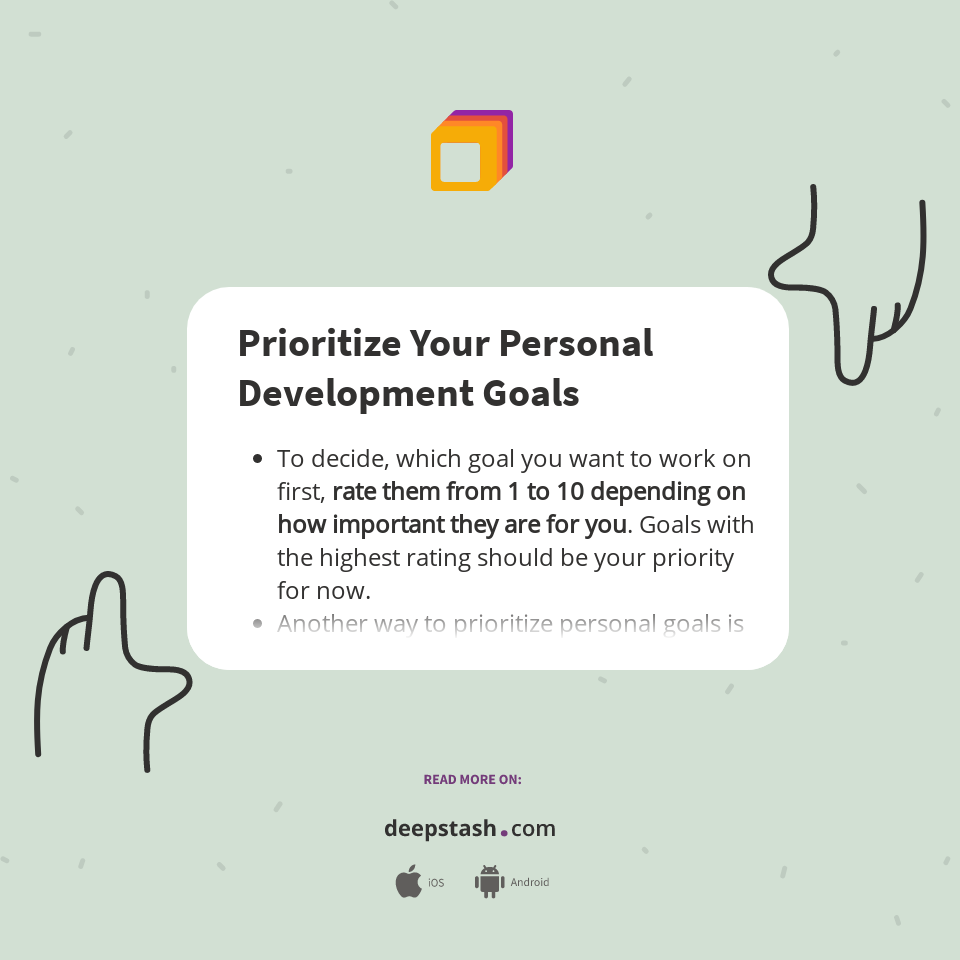
Losing your job can be devastating for a person's personal life. While you'll need some time to mentally adjust, you'll soon be able to move forward from this time of uncertainty. Try not to become a catastrophist and instead try to reframe the situation to give you a fresh perspective. Losing your job is a great opportunity to try something different.
Getting help
It is vital to seek out support from your loved ones after you lose your job. A job loss can be an extremely traumatic experience. It is common to feel depressed, angry, or even helpless for a short time. However, you should avoid burying your feelings - this can lead to problems later. You can seek therapy or meditation to help you cope. Take stock of your finances, and apply for unemployment benefits.
It is common to feel shame or anguish when you lose your job. While it's normal to feel these feelings, you should be careful not to let them interfere with your ability to focus on other tasks. Instead, you can try to keep calm and take deep breaths. You can identify your emotions and address them to move on.
Looking for a job?
Whether you're facing a layoff, have been laid off, or are in need of a fresh start, finding a new job after losing your job can be challenging. Luckily, there are a few steps you can take to make the process go more smoothly. You must take care yourself, first. It's important to eat right, get enough rest, and exercise on a regular basis. Stress is a killer for productivity. Find activities that you love to relax.

Once you have overcome the shock at losing your job, find the silver lining. While it can be hard to get past the grief of losing your job, unemployment can often allow you to grow and reflect. Also, you should create a short-term plan for your finances. This will give you time to decide what next.
After losing your job, getting back on your feet
Even though losing your job is stressful for everyone, there are ways to make it a positive experience. To start, you must adopt a positive outlook that looks forward. Consider your career goals, and then think about what you would like to do. Often, job loss is an opportunity to rediscover your passions and values and take off in a new direction. This can be extremely beneficial for you in these challenging times.
After losing your job, the next step is to assess your financial situation and find another source for income. Don't be picky about the type of job you are looking for; you can start with entry-level positions.
Stress management
After losing your job, it can be challenging to manage stress. It is important that you understand what causes stress and how to manage it. For example, exercising, eating healthy foods, and getting enough sleep are good strategies. Stress can negatively impact your health and cause damage to your immune system. Writing is another good way to deal with your feelings and recover from a traumatic event.
Speaking to a trusted confidant is also an effective way to deal with stress. It may help you come up with creative ways to deal with your situation. They can talk with you about your feelings regarding losing your job and what to do. But it is important to carefully choose your confidant. It is best to choose someone who listens and doesn't judge. You might have trouble sleeping and may experience changes in your appetite. Studies have also shown that suppressing emotions can lead to decreased longevity.

Reacting calmly, professionally
While losing your job is devastating and stressful, it's important to stay calm and focus on the future. Instead of dwelling upon your loss, learn from your mistakes and take action now to secure your future. First, develop a financial plan for the short-term. Ask for help from family members, friends, and coworkers. Last but not least, put your health and wellbeing first.
It is perfectly normal for you to experience emotions after you lose your job. But, you should be careful not to express those feelings in the workplace. Think about what you are saying and take a deep breathe. Be calm and polite when your boss tells you that you have been laid off. However, don't argue or raise any issues. Instead of arguing with your boss, talk about grievances during the exit interview.